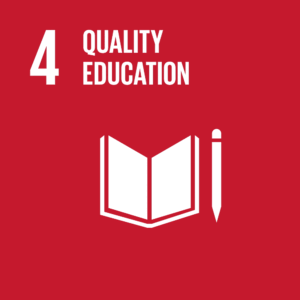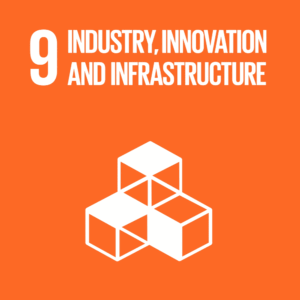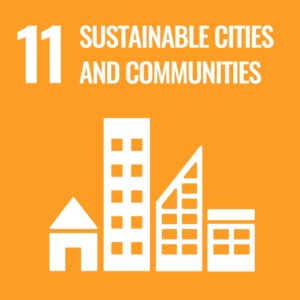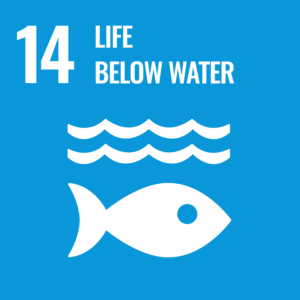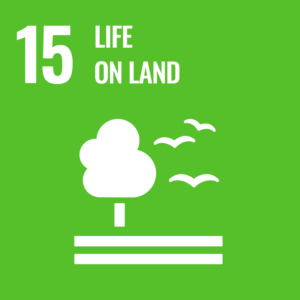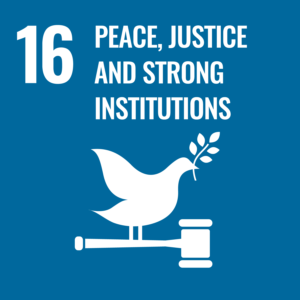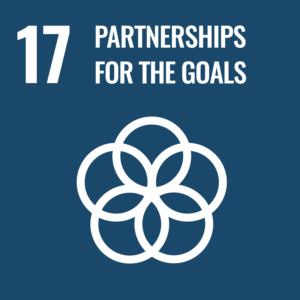Worldwide technological advancement is pushing companies forward to accommodate innovative and efficient recruitment and training tools, specifically when gamification has tapped the organisational psychology field to steer the utilisation of human capital. While there is little research on the impact of gamified assessment tools, Egypt and Africa are steadily adopting gamified solutions from international corporations operating in the MENA region.
As the current employability context is dynamically changing towards transferable meta-skills beyond the universities’ degrees, the target sample in this research project was senior students in fifteen reputable Egyptian private universities; to self-appraise their future employability upon entering the labour market. Whereas the gamified tool used in collaboration with the Greek company ”Owiwi” allowed the exploration of candidates’ transferable skills and typical behaviours in socially, emotionally, and morally intertwined situations. This research is the first to use equivalent gamified and traditional assessment tools to study the contrast in senior students’ performance on five crucial meta-skills for the 21st century and the mediating effect of satisfaction with the assessment tool on their perceived employability and organisational attractiveness. The aim was to provide empirical evidence for informed hiring decisions while speaking the language of the skilled workforce in Gen Z.
The results showed that the total performance was significantly higher in the traditional assessment group; this per se doe not mean that the traditional tool is a better predictor of meta-skills. Employability and organizational attractiveness yielded no significant results. But participants reported higher satisfaction with the traditional tool and higher perceived attractiveness with the gamified tool. The results point to the probability of perceiving gamification as mere technological advancement, not embedded in their schema of workplace practises and uncommon in the labour market; hence, it does not serve as an attractive attribute to influence their “intention to pursue” the company. All the challenges faced were expected due to the unfamiliarity with the tool. If all the senior students in the study had low “beliefs in the gamified test” as a valid assessment tool, this may be highly attributed to the cultural unfamiliarity due to minimal exposure to companies using gamification in recruitment in Egypt.
This research was intended to lay the groundwork for the accelerating revolution against traditional recruitment approaches by studying gamification in Egypt. Despite the unforeseen insignificance of results due to cultural and logistical challenges, this does not dispute the promising effectiveness of gamification. The results would have been groundbreaking in the Egyptian markets if business leaders had made considerable investments in developing and testing culturally friendly tools in the growing field of gamification, with a global market forecast estimated at $37 billion by 2027.
The impact of this research on a local level is to pave the way for the shift to strategic competency-based hiring, which entails outreaching the meta-skilled workforce using innovative recruitment tools. And on a global level, to encourage investments in workplace gamified solutions for companies to adopt, because it seems that the global inclination towards gamification and innovative solutions is moving at a faster pace than the candidates’ perception, acceptance, and motion in that direction.





